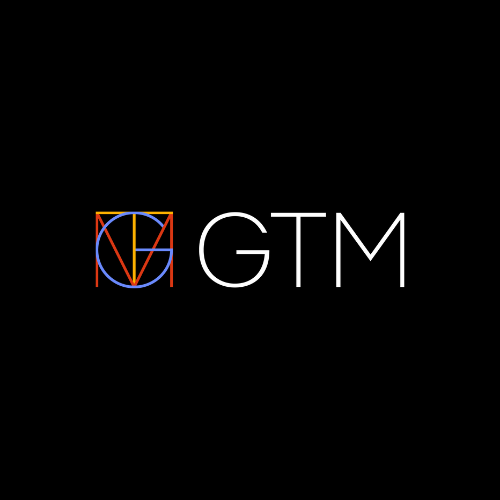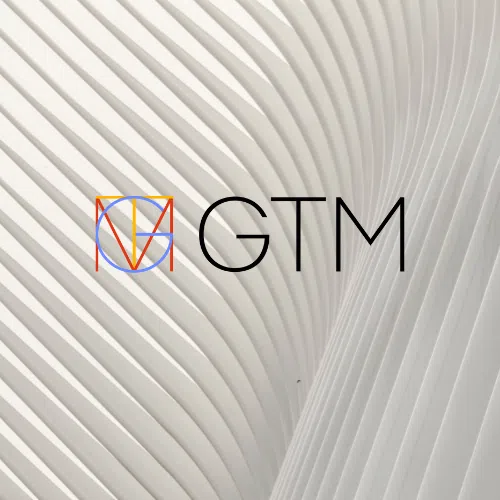Pyxus increases quality and timely submission with a simpler, more streamlined approach to tax preparation
Pyxus International, a global agricultural enterprise operating across 30 countries, transformed its tax accounting and reporting processes with Thomson Reuters ONESOURCE solutions and implementation guidance from GTM, a Thomson Reuters Certified Implementation Partner and an Orbitax Certified Partner. Valuing the seamless integration of tools across the Thomson Reuters ONESOURCE suite, Pyxus wanted to centralize its tax preparation processes further. The company worked with GTM to build a solution to maximize the value of the tools they were already using and create a more comprehensive suite of capabilities with additional ONESOURCE tools and products such as Alteryx and Orbitax.
Challenge
Facing an increasingly complex global tax environment, Pyxus wanted to simplify and streamline its tax preparation processes and establish a digital foundation to enable the department to innovate more easily. This included bringing the tax provisioning process back in-house, minimizing manual inputs, standardizing data management and workflow, and identifying possibilities for automation.
Approach and solutions
With guidance from GTM, Pyxus began its tax technology journey by finding which parts of its processes could benefit from simplification, efficiency, and innovation. GTM designed a strategic solution and implementation roadmap combining Thomson Reuters ONESOURCE™ capabilities with additional solutions from Orbitax. This approach addressed Pyxus’ immediate needs around streamlining and efficiency, while also setting up the tax preparation department to continually evolve and optimize. The Thomson Reuters ONESOURCE suite’s out-of-the-box functionality provided an easy starting point for GTM to add additional tools to customize the solution to Pyxus’ specific needs.
“The need for high-quality tax data is increasing exponentially. Tax departments are one of the largest consumers of data across the company, yet departments often struggle with data gathering and sensitization. Transitioning to an in-house Thomson Reuters suite of products allowed us to tackle this head on. Our partnership with GTM allows us to continuously evolve our processes in response to shifts in business processes and an ever-changing tax landscape”
Results
Centralizing data input and flow
ONESOURCE Income Tax sits at the center of the solution, enabling Pyxus tax teams to save time and resources by automating initial tax return preparation, streamlining the return-to-provision calculation, decreasing maintenance activities, and mitigating tax provisioning risk. A key element in reducing manual labor and increasing data accuracy and consistency was the implementation of ONESOURCE Workpapers, which enables tax teams to quickly and easily push and pull data to ONESOURCE Income Tax from their familiar Excel® interfaces.
Standardizing data collection and distribution
By adding ONESOURCE DataFlow, Pyxus substantially reduced time spent on tax preparation tasks and increased data accuracy and consistency. Pyxus tax teams can now customize a single master template for data entry, which automatically pushes out to all the various foreign tax packets. This reduces the need to manually keep up with multiple Excel schedules, a significant time saver during busy close periods.
Simplifying tax planning and compliance
Pyxus gained a comprehensive solution for addressing the intricacies of US outbound tax planning and compliance with the Orbitax International Tax Calculator, which allowed for more streamlined and accurate foreign income calculations at quarter and year ends. Unified within the same interface, the Orbitax Global Minimum Tax solution helps tax teams handle increasingly sophisticated OECD Pillar Two provisioning with an easy-to-use tool that ensures compliance accuracy with automated calculations.
Increased automation and efficient processes have enabled the Pyxus tax preparation teams to absorb new legislation and processes related to Pillar 2 without increasing the close cycle. Internal audit teams have reported that they have more clarity and definition across processes, as well as more visibility and control for reducing risk, such as increased audit traceability of inputs and outputs across provision calculations. Local teams have fewer questions surrounding the close process, can submit more timely, and the quality of the local team’s submissions have increased.
Using their consolidated tax tools, teams can more efficiently review and update data and processes outside busy closing periods. Benefitting from seamless data sharing, higher data consistency and accuracy, and automated compliance calculations, Pyxus tax teams have been able to shift their time and focus to reviewing more meaningful and strategic tax inputs and calculations.



